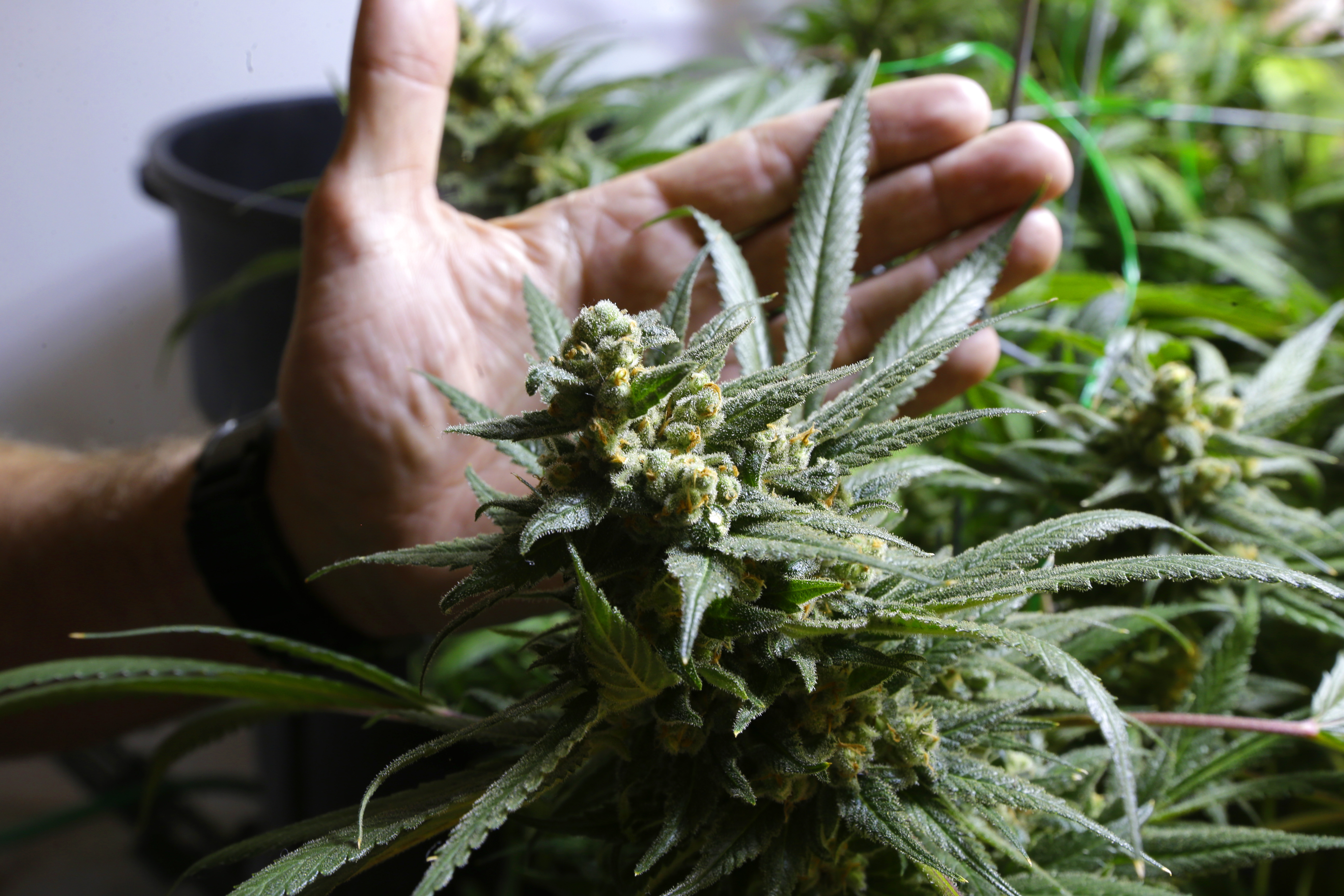[soundcloud url=”https://api.soundcloud.com/tracks/120286031″ width=”100%” height=”166″ iframe=”true” /]
Videos by Rare
The NAACP supporting HR 1523, which repeals the federal War on Marijuana by respecting state sovereignty, may change understanding of governmental power structure for the better. Though the 10th Amendment has been the primary focus of Republicans, this left leaning issue is demonstrating why the fight for civil rights has a place at the table of state powers interposing federal overreach. Howard Wooldridge of Law Enforcement Against Prohibition (LEAP) tells Rare why the support of the NAACP is having an impact in Congress.
Kurt Wallace for Rare: Over 20 states have used the 10th amendment to legalize marijuana. Now Republican U.S. Rep. Rohrabacher has introduced HR 1523, the “Respect State Marijuana Laws Act of 2013.” This would protect marijuana users from federal prosecution in states where the drug is permitted for medical or recreational use. The bill has bipartisan support — 20 co-sponsors as of Wednesday — including tea party associated Republicans like Reps. Justin Amash, but the support also comes from the NAACP because of the “mandatory minimum” drug sentencing laws that have done disproportionate harm to minorities.
Here to discuss is Howard Wooldridge, co-founder of LEAP: Law Enforcement Against Prohibition.
Howard, it’s good to have you with us.
Howard Wooldridge: Well, thanks for the invitation.
Kurt Wallace for Rare: Well, before we discuss the 10th Amendment and the NAACP and what their involvement is, tell us more about HR 1523 and what your involvement is at this point?
Howard Wooldridge: HR 1523 was introduced by, I should say, Mr. Rohrabacher. This is a second attempt in Congress to apply the 10th Amendment — state’s rights — to the issue of prohibition, specifically marijuana prohibition. Recall that the last two years — Congressman Ron Paul and Barney Frank introduced a bill which was similar to 1523 — ended up with about 25 cosponsors and no hearings. We’re doing a little better, I think, with this one. But it is a still long, hard struggle with the Congress, especially with mainstream Republicans to apply their beliefs in the 10th Amendment to a particular policy.
Kurt Wallace for Rare: Now, how are you involved in working with the NAACP at this point?
Howard Wooldridge: Well, up until now, I certainly applauded their efforts for ending mandatory minimums — for reentry programs for those previously incarcerated and other harm reduction policies, but my focus has been, ever since I arrived here in 2005, to repeal the great evil in America, my opinion — my experience as a police officer and detective — is drug prohibition. So my focus has been like a laser beam on ending federal prohibition of drugs, starting with marijuana. Now, with the NAACP and I on the same page, I expect to see more collaboration and cooperation to convince members that it is time to repeal this prohibition like we did in 1933 with alcohol.
Kurt Wallace for Rare: Now, you said to Rare in an article that The NAACP’s endorsement of this bill is historic. Not only are they endorsing a bill which will lead to more states legalizing and regulating marijuana, they’re urging Congress to employ the 10th Amendment (States’ Rights) to do so. Both are firsts and you said that you’re certain of that. Do you see this as a turning point in understanding the power of the 10th amendment across the political spectrum in not being a partisan issue?
Howard Wooldridge: I do. Yesterday, I was in the House all day going to office to office to office to drop off a copy of the endorsement from the NAACP — happened to have a chat with three Congressmen, and again it’s telling me that the experience from yesterday and this week that the aides, the chiefs of staff that I’ve spoken to already, and even the three Congressmen — the folks I’ve talked to on this particular issue in the last week have told me that the endorsement is making an impact on the U.S. Congress — that such a mainstream, old organization — very, very conservative — is now coming out in favor of a massive policy change to end part of prohibition is indeed historic and unprecedented. So they are taking notice that this organization, in particular, is out to change the world.
Kurt Wallace for Rare: What’s your overall take on the War on Drugs?
Howard Wooldridge: Well, it’s my experience — 18 years a street cop and detective near Lansing, Michigan — that the war on drugs has been the most destructive, dysfunctional and immoral policy since slavery in Jim Crow. In fact, Michelle Alexander last year wrote a book called “The War on Drugs is the new Jim Crow,” and more and more minorities and others are recognizing it for what it is — the great evil in America.
Kurt Wallace for Rare: Howard Wooldridge, thank you very much for being with us today on Rare.
Howard Wooldridge: You’re most welcome. My pleasure.
Related articles
- NAACP backs Republican states’ rights pot proposal (rare.go-vip.net)
- Lee launches the Republican war on poverty (rare.go-vip.net)



